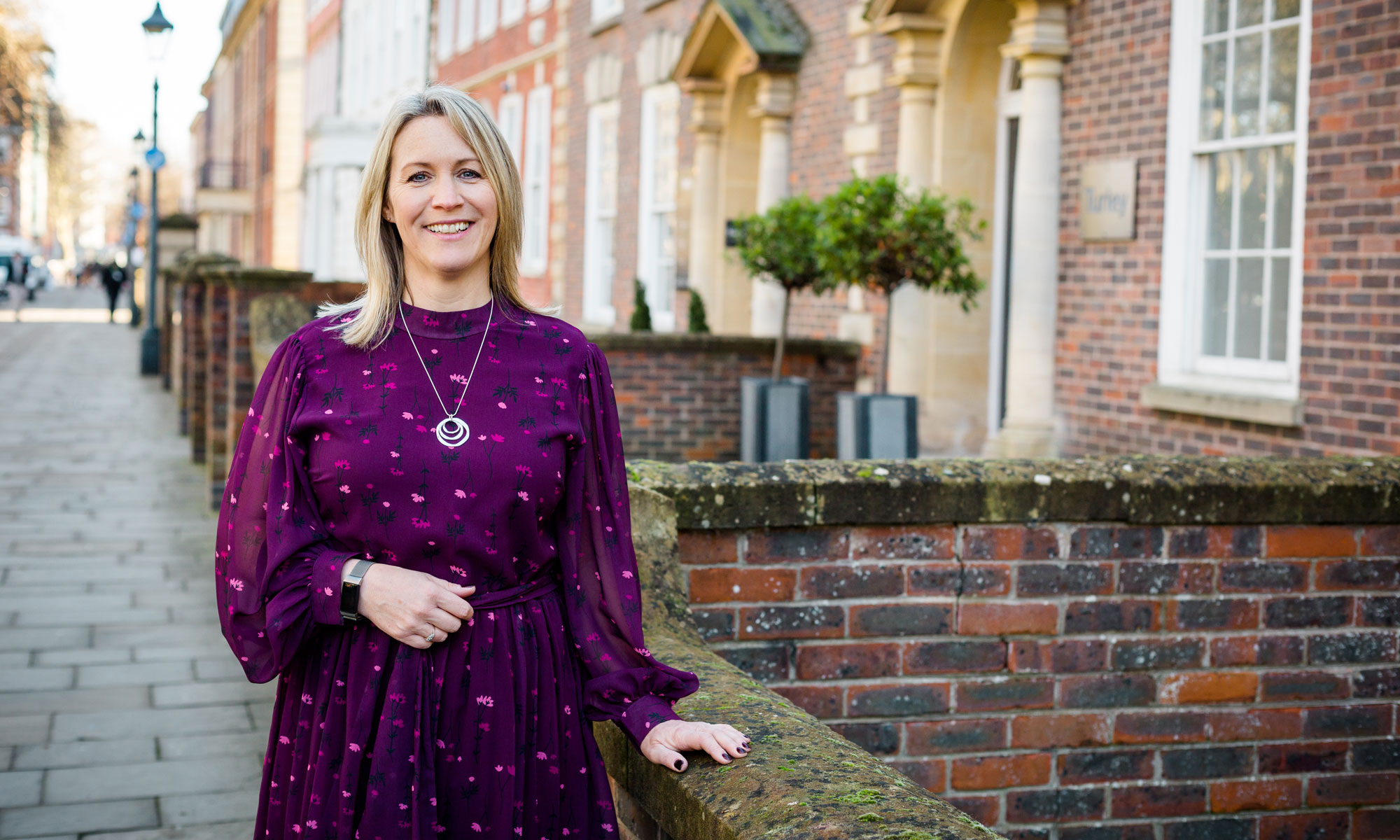What is personal coaching?
In this article, I am going to give you some information about personal coaching, what it involves and some of the different types of coaches that are out there. The first thought that may come into your head when thinking about coaching, is sport. When you search the internet for a coach, you are faced with thousands of possibilities, so how will you know which type of coach is right for you?
Over the past year we have found ourselves in a much smaller world. The Covid-19 pandemic led to a rapid rise in the use of online platforms such as Skype, Zoom and Teams. Thanks to this technology, we have been able to keep in touch with loved ones, work from home and still attend meetings in a virtual face-to-face environment. This has become a new way of life and many of us have had to adapt to this and fit it in with home-schooling, caring responsibilities and doing the hundred and one other jobs that we have to do on a seemingly daily basis. You may be wondering how coaching helps with any of this? Read on to discover more.
What is a personal coach?
To begin with, let’s look at what a coach actually is. A personal coach is not a counsellor. A counsellor will focus on your past with you and help you to work through those issues. That’s not to say that reflecting on your past won’t occur from time to time in coaching sessions, however it is usually to understand where a belief has come from or to understand why you are thinking the way you are. A coach is a person who will guide you to work on goals that you have set yourself through asking good quality questions that make you dig deep and aim high.
We all have goals we would like to achieve and actions that we promise ourselves we are going to take. I think it is reasonable to say that we have all set goals at one time or another and possibly along the lines of deciding that now is the moment to think about a career change, a desire to achieve a better work-life balance, maybe wanting to lose weight, having more fun and worrying less.
We start these changes with the best of intentions and day one is always the best day!! As time passes, the commitment to the challenge or change fades a teeny bit, then you have a stressful moment in your day and your intentions get blown to smithereens! In my case it will involve going to eat something, whether I am hungry or not. Then I get cross with myself for sabotaging myself and continue to chain-eat custard creams! We have then progressively pushed ourselves into a self-destructive and negative mode. Our inner beliefs that we are not good enough start to bubble and expand until they crash their way to the surface. The spiral of negativity continues until we find ourselves procrastinating to the point that nothing happens, we blame ourselves and go straight back to square one or in some cases, minus square one. Add to this a dose of fear and we just stand still.
How does personal coaching work?
A coach will ask you probing questions to help you really identify what you want. They will use questioning techniques to help you uncover the beliefs and thoughts that are holding you back and causing those moments of fear that appear at random times. Your coach will help you to develop your own action plan with timescales to help you achieve your goals and vision. The role of coach is not to tell you what to do or what actions they think you should take. Their role is facilitator in a process that is driven by you. They will challenge your thinking and encourage you to push yourself. While the coach will ask relevant questions and guide the process, ultimately it is you who will need to decide your goals.
Different types of coaching and techniques
There are many types of coaches available to meet every need you could imagine! There are lifestyle coaches, wellbeing coaches, business coaches, mindfulness coaches, executive coaches, group coaches, outdoor coaches, mental health coaches, transformational coaches, happiness coaches, intuitive coaches, behavioural coaches, career coaches, leadership coaches and many, many more. I have summarised a selection below for you, to help your understanding:
Career Coach
There are many coaches who have a wealth of knowledge and experience with clients who want to change their career. They will support them to identify specific personal goals, assist with identifying new employment opportunities, support with interview preparation and offer guidance with CV writing. Maybe you are facing redundancy or you feel trapped in your current position. A career coach can help you to identify your transferable skills and a new career path.
Transformational Coach
This type of coaching largely focuses on the perceived limitations of the client. They will work to focus on positive abilities and qualities and use techniques to help the client overcome negative self-beliefs and destructive habits. The transformational coach will work with a client to move forward positively with new goals and focus and help them to become the person they want to be. This type of coaching works at the level of identity, purpose values and beliefs. The transformational coach may use techniques such as Cognitive Behaviour Therapy (CBT) and Neuro-Linguistic-Programming (NLP) to help their clients create long-term changes.
Executive Coach
Promotion can lead to feelings of fear and lack of confidence. You may have moved from a hands-on position to a higher-level management position. Coaching can be a real benefit here as it helps you to move your focus from doing the job to leading the team. Executive coaching can focus on communication in all directions, prioritising and developing strategies that will support you in your transition.
Leadership Coach
If you reach the highest level within your organisation, you may be leading the leaders. This will require long-term planning, vision and leadership for the organisation. You may form a long-term relationship with a leadership coach to support you through decision-making processes and to become a sounding board for you, providing a safe space for clear thinking and clarity.
Business Coach
A business coach will help you move from where you are, to where you want to be. Through a combination of personal and business goals, the coach will support and guide you to achieve your business goals and vision. If you have recently set up a business you may engage a business coach for support in the early stages for accountability. There may be an element of mentoring as well, depending on the experience of the business coach.
Happiness Coach
If you are a person who struggles to feel happy, a happiness coach could help you to find clarity and discover what happiness means to you. This type of coaching can help you to stop self-sabotage and patterns that do not enable you to live in a fulfilled way. You can learn techniques and strategies to feel content and fulfilled in the present moment in spite of how challenging your current circumstances may seem today.
Group Coaching
This type of coaching can bring many benefits, particularly if all participants are working towards a similar goal. For example, coaching a small group who lack confidence can bring many advantages. Peer support and encouragement is one way that group coaching can be positive. Listening to the perspective of others can also help you to unlock your own limiting beliefs and increase your confidence to new levels.
The role of the coachee/client
We’ve looked at what coaching is, how it works and briefly covered a handful of the many different types of coaches that are out there. You may be wondering why there is a section about the coachee/client. Quite simply, I think it is important to talk about the different types of people who may choose coaching. What makes a person decide that they need a coach, want to be coached or just have a conversation about it?
You need to be a reasonably open-minded person to fully appreciate coaching. You will need to be comfortable with your coach and feel that you are in a safe and supportive environment, whether that is via an online platform or in a face-to-face setting. To have an idea of the area you wish to work on, or have a goal in mind is an advantage, although with good questioning in the first session, you may discover that your original goal may have a few strands to it.
Choosing your coach
Coaching is an investment in yourself, in your continued development and growth. It’s not just about purchasing a portion of time from your coach. As with any decision, it is important to follow your gut instincts as well as listening to your logical mind. Choosing a coach is an important decision but often your gut instinct will give you a strong indication of which one to work with. Please read on for some suggestions of how to find your coach.
Referrals
A word of mouth referral is usually a good option – if you were looking for an electrician or a plumber, you might ask your social network, however coaching is still a growing industry, so your social network is a good place to start. As coaching is very personal, a recommended coach may not specialise in the area you want to focus on. They may, however be able to suggest someone from their network.
Coaching Directories
You could look at an online coaching directory. There are many to choose from and they have a multitude of options. You will find all types of coaches; however it can be difficult to narrow down your search. This may feel overwhelming and very time consuming. The International Coaching Federation has a directory called Credentialed Coach Finder (CCF) which you can download for free. The coaches listed are affiliated with the ICF.
Online Local Search
You can look locally for a coach using an internet search which will also help with reviews of that person’s work and possible recommendations. Social Media channels are awash with coaches, however doing your research thoroughly can offer you a degree of protection before you commit. Read reviews, google the person and check out their online credentials before committing.
Points for consideration
- What area of your life do you want to work on?
- Does it matter to you if your coach is male or female?
- Is their age important to you?
- What methods, approaches and techniques do they use?
- What knowledge, skills and abilities should they have?
- What coaching qualifications do they hold?
- Are they affiliated with a regulatory body?
You may not know or be able to predict what your ideal coach will be like before you start looking, so you may want to ask yourself these questions as you find a few possibilities and narrow them down.
Consultations
Does the potential coach offer a consultation? Each coach will have their own way of carrying out their initial consultation, but the aim is for them to get to know you and gain an understanding of what you want to achieve. Use the consultation to ask any questions that you need to help your decision making process. It is a good idea to speak to a few coaches prior to making your decision, so you can make some comparisons and find the best match.
A coach should be non-judgmental, yet willing to gently confront you about ways that they see you holding yourself back. They should be a listener, but willing to ask you questions that will help you think. Often, you intuitively know the answer to your own problem, but sometimes it takes someone encouraging you to dig deeper to bring the answer into the light.
Rapport
Personality is a very important factor to consider when choosing your coach. In your initial conversation, you should be able to connect with the coach and feel comfortable with sharing personal information as you go through the coaching process. There will be times when you may feel vulnerable during a coaching session, so your relationship with your coach needs to be conducted in a safe and supportive environment. A coach should be able to challenge you to be the best you can be while supporting you to achieve your goals.
Techniques
The coach should be able to tell you specifically what they do, how they do it and the methods they use. You need clear answers to your questions and realistic projections of the progress you can make. The coach should be focused on the point that you have to do the hard work to change yourself, and that their job is to facilitate, guide the process and assist you to reach your goals.
Prior to starting your search, it is a good idea to make some notes about what goals you would like to achieve. From this you can identify some key points about the type of coach you are looking for.
Qualifications
There are many qualifications available for coaches and these range from being fully accredited with nationally recognised exam bodies, to unregulated and non-certificated courses. It is quite reasonable to ask a coach what qualifications and experience they have – If they are reluctant to disclose this information, it is your choice whether you continue the conversation.
Many coaches have developed their skills over several years and have developed their skills through reading books, attending conference, listening to their clients and incorporating their feedback to improve their offer.
The most important thing to look for in a coach is someone who you connect with and who specialises in the area in which you want to improve. Take into consideration all factors including the rapport between you and the coach, what their area of expertise is, their experience, their character, and their qualifications.
There are a number of Coaching bodies where reputable coaches will be members. These include the European Mentoring and Coaching Council (EMCC) International Coaching Federation (ICF) and the Association for Coaching (AC). Ask your prospective coach which organisation they are affiliated with.





Leave A Comment